Nigeria will not be at the World Cup, and what hurts most is that no one is shocked anymore.
Despite a squad full of stars, led by the magnificent Victor Osimhen, the Super Eagles were eliminated by the Democratic Republic of Congo on penalties in the playoff final of Africa’s World Cup qualifiers.
After 120 tense minutes ended in 1-1, Nigeria faltered from the spot, while DR Congo held their nerve to complete a historic qualification. For the Congolese, driven by discipline, unity, and inspired performances from Yoane Wissa and Chancel Mbemba, it was a night of celebration. They are 180 minutes away from their first World Cup since 1974, when the country was still called Zaire. For Nigeria, it was another brutal reminder of how far the giants of African football have fallen.
Nigeria only reached the playoffs after a CAF format change that created additional routes for the continent’s elite to qualify. Even then, the warning signs were clear. In the semifinal against Gabon, Nigeria struggled badly, lacking rhythm and cohesion. Osimhen and his teammates dragged the team through with a huge extra-time push, but the flaws in Mali coach Eric Chelle’s Nigerian squad (a shock appointment many still struggle to understand) were exposed. There was joy at the final whistle, but also a sense that something was fundamentally off.
This will be the second consecutive World Cup the Super Eagles watch from home. A team that has played in six World Cups — a team that once captured the world’s imagination in the 1990s and has won the Africa Cup of Nations three times — will miss out on the biggest, widest World Cup ever held, hosted by the United States, Canada, and Mexico.
Yes, Nigeria went out on penalties. But the reasons run much deeper.
Years of rampant corruption within the Nigerian Football Federation, the unhealthy influence of agents, and constant meddling by ex-players eager to promote “their” talents have created chaos rather than continuity. There has been no long-term project, no real development plan, only quick fixes and fire-fighting. Nigeria’s extraordinary individual talent simply cannot compensate for the dysfunction surrounding it.
Ghana faced similar challenges, but their players managed to stabilise in time and squeeze through. Nigeria couldn’t.
Twenty-eight years ago, I sat and watched Jay-Jay Okocha, Finidi George, and Sunday Oliseh flip the football world upside down with a 3–2 comeback win over Spain, which featured Raúl and Fernando Hierro. I fell in love. With the audacity, the swagger, the West African style of play, and with underdogs. Wherever they are. This sense is one of the cornerstones of the BabaGol website in its beginning.
These qualifiers have shown how long 28 years truly are. Nigeria’s problems are now so deep-rooted that they may threaten World Cup qualification not only in 2030, but even in 2034.
Victor Osimhen — still yet to play in a World Cup — will already be 31 by the time the next one arrives. Last night, after 130 minutes against Gabon and another half of football in just three days, he pulled his hamstring and had to leave the pitch. Nigeria’s brightest star, exhausted, broken, and again denied the world stage.
His only chance at partial redemption comes next month, when the Africa Cup of Nations kicks off in Morocco. Nigeria can win it — they have the talent — but even that victory, if it happens, will come with a bitter taste.
For a nation that once set Africa’s footballing standard, missing the World Cup is becoming dangerously normal. And that should worry everyone who still believes in the magic of the Super Eagles.
A Hitchcock-style AFCON final in Rabat saw chaos, controversy and brilliance as Senegal stunned Morocco to claim their second African title.
From libraries to stadiums, Morocco lives football. As AFCON 2025 nears its climax, passion, politics, and ambition collide nationwide.
From rain-soaked Rabat to a deafening semifinal night, Morocco edge Nigeria on penalties and stand 90 minutes from an AFCON title.
Nigeria fell to DR Congo on penalties and missed another World Cup, exposing deep structural issues holding back the once-mighty Super Eagles.
The 2024 Women's AFCON kicked off with Morocco and Zambia drawing 2-2 in Rabat. Nigeria, South Africa, and Ghana headline a thrilling tournament.
From Rabah Madjer to Mohamed Salah, a look at the MENA players who’ve made history in the Champions League — and those ready to add their names.
CAF reveals six host venues for the 2024 Women’s AFCON in Morocco, marking a record number of stadiums for the competition.
Egypt’s Mohamed Salah claims both Premier League and Football Writers' top honors after stellar season with 46 goal contributions.
Italian-Ivorian full-back Yao Eloge reflects on his journey, a historic derby goal, and his emotional goodbye to Hapoel Jerusalem.
With 14 goals and 16 assists at the Oba Akran Cup, 17-year-old Ahmed Ajibola is emerging as one of West Africa’s brightest talents.
The CHAN 2024 lineup is complete as Algeria and South Africa join Group C, with the tournament set for August in Kenya, Uganda, and Tanzania.
Mohamed Salah scores and breaks the Premier League overseas goals record as Liverpool clinch a historic twentieth title.
Sundowns edge Al Ahly on away goals, Pyramids stun Pirates 3-2 to set up a thrilling CAF Champions League final clash.
SuperSport to broadcast CAF African Schools Finals 2025 in Ghana live on DStv, apps and CAF TV, with top youth teams in action.
CAF names AGL official logistics partner for AFCON 2025 & WAFCON 2026, boosting football's role in Africa’s growth and unity.
CAF U-20 AFCON 2025 draw is out: Egypt hosts, Nigeria, Senegal, Ghana headline tight groups. Top 4 to qualify for FIFA U-20 WC.
Zamalek out, Stellenbosch through! Four clubs set for thrilling CAF Confederation Cup semi-finals starting April 20.
Al Ahly, Pyramids, Sundowns, and Pirates set up all Egypt vs South Africa CAF Champions League semi-finals in April 2025.
Mohamed Salah has extended his Liverpool contract for two more seasons, aiming for more trophies after another prolific season with the Reds.
Liverpool's Egyptian star forward Mohamed Salah is close to signing a two-year contract extension that will keep him at Anfield through 2027.
Home teams dominate CAF quarterfinal first legs—except MC Alger. Pyramids shine with 4-1 win, three others edge narrow 1-0 victories.
Eight teams remain as Africa’s top clubs gear up for blockbuster CAF Champions League quarter-finals starting 1 April.
Salah wants to stay at Liverpool beyond his current deal, as Trent's expected exit to Madrid opens the door for a contract extension.
CAF World Cup qualifiers heat up as Egypt, Sudan, and Morocco lead, while Nigeria and Ghana fight to stay in contention.
Ghana to host 2025 CAF African Schools Football Championship, with top youth teams competing in Accra from April 21-26.
CAF unveiled draws for four major tournaments, setting the stage for thrilling action, including CHAN 2024 and the inaugural Women’s Futsal AFCON.
Ismaily's Marwan Hamdy, a footballer and medical student, grabs attention with his unique doctor’s coat celebration after scoring.
CAF unveils the official match schedule for TotalEnergies AFCON 2025 in Morocco, setting the stage for Africa’s biggest football event.
CAF updates the Champions League and Confederation Cup registration and deadline. All the details are in the article.
From Nigeria’s Mavlon academy to Viktoria Plzeň and the Europa League dream: Salim Fago’s journey is just beginning in Europe.
A Hitchcock-style AFCON final in Rabat saw chaos, controversy and brilliance as Senegal stunned Morocco to claim their second African title.
From libraries to stadiums, Morocco lives football. As AFCON 2025 nears its climax, passion, politics, and ambition collide nationwide.
From rain-soaked Rabat to a deafening semifinal night, Morocco edge Nigeria on penalties and stand 90 minutes from an AFCON title.
Nigeria fell to DR Congo on penalties and missed another World Cup, exposing deep structural issues holding back the once-mighty Super Eagles.
The 2024 Women's AFCON kicked off with Morocco and Zambia drawing 2-2 in Rabat. Nigeria, South Africa, and Ghana headline a thrilling tournament.
From Rabah Madjer to Mohamed Salah, a look at the MENA players who’ve made history in the Champions League — and those ready to add their names.
CAF reveals six host venues for the 2024 Women’s AFCON in Morocco, marking a record number of stadiums for the competition.
Egypt’s Mohamed Salah claims both Premier League and Football Writers' top honors after stellar season with 46 goal contributions.
Italian-Ivorian full-back Yao Eloge reflects on his journey, a historic derby goal, and his emotional goodbye to Hapoel Jerusalem.
With 14 goals and 16 assists at the Oba Akran Cup, 17-year-old Ahmed Ajibola is emerging as one of West Africa’s brightest talents.
The CHAN 2024 lineup is complete as Algeria and South Africa join Group C, with the tournament set for August in Kenya, Uganda, and Tanzania.
Mohamed Salah scores and breaks the Premier League overseas goals record as Liverpool clinch a historic twentieth title.
Sundowns edge Al Ahly on away goals, Pyramids stun Pirates 3-2 to set up a thrilling CAF Champions League final clash.
SuperSport to broadcast CAF African Schools Finals 2025 in Ghana live on DStv, apps and CAF TV, with top youth teams in action.
CAF names AGL official logistics partner for AFCON 2025 & WAFCON 2026, boosting football's role in Africa’s growth and unity.
CAF U-20 AFCON 2025 draw is out: Egypt hosts, Nigeria, Senegal, Ghana headline tight groups. Top 4 to qualify for FIFA U-20 WC.
Zamalek out, Stellenbosch through! Four clubs set for thrilling CAF Confederation Cup semi-finals starting April 20.
Al Ahly, Pyramids, Sundowns, and Pirates set up all Egypt vs South Africa CAF Champions League semi-finals in April 2025.
Mohamed Salah has extended his Liverpool contract for two more seasons, aiming for more trophies after another prolific season with the Reds.
Liverpool's Egyptian star forward Mohamed Salah is close to signing a two-year contract extension that will keep him at Anfield through 2027.
Home teams dominate CAF quarterfinal first legs—except MC Alger. Pyramids shine with 4-1 win, three others edge narrow 1-0 victories.
Eight teams remain as Africa’s top clubs gear up for blockbuster CAF Champions League quarter-finals starting 1 April.
Salah wants to stay at Liverpool beyond his current deal, as Trent's expected exit to Madrid opens the door for a contract extension.
CAF World Cup qualifiers heat up as Egypt, Sudan, and Morocco lead, while Nigeria and Ghana fight to stay in contention.
Ghana to host 2025 CAF African Schools Football Championship, with top youth teams competing in Accra from April 21-26.
CAF unveiled draws for four major tournaments, setting the stage for thrilling action, including CHAN 2024 and the inaugural Women’s Futsal AFCON.
Ismaily's Marwan Hamdy, a footballer and medical student, grabs attention with his unique doctor’s coat celebration after scoring.
CAF unveils the official match schedule for TotalEnergies AFCON 2025 in Morocco, setting the stage for Africa’s biggest football event.
CAF updates the Champions League and Confederation Cup registration and deadline. All the details are in the article.

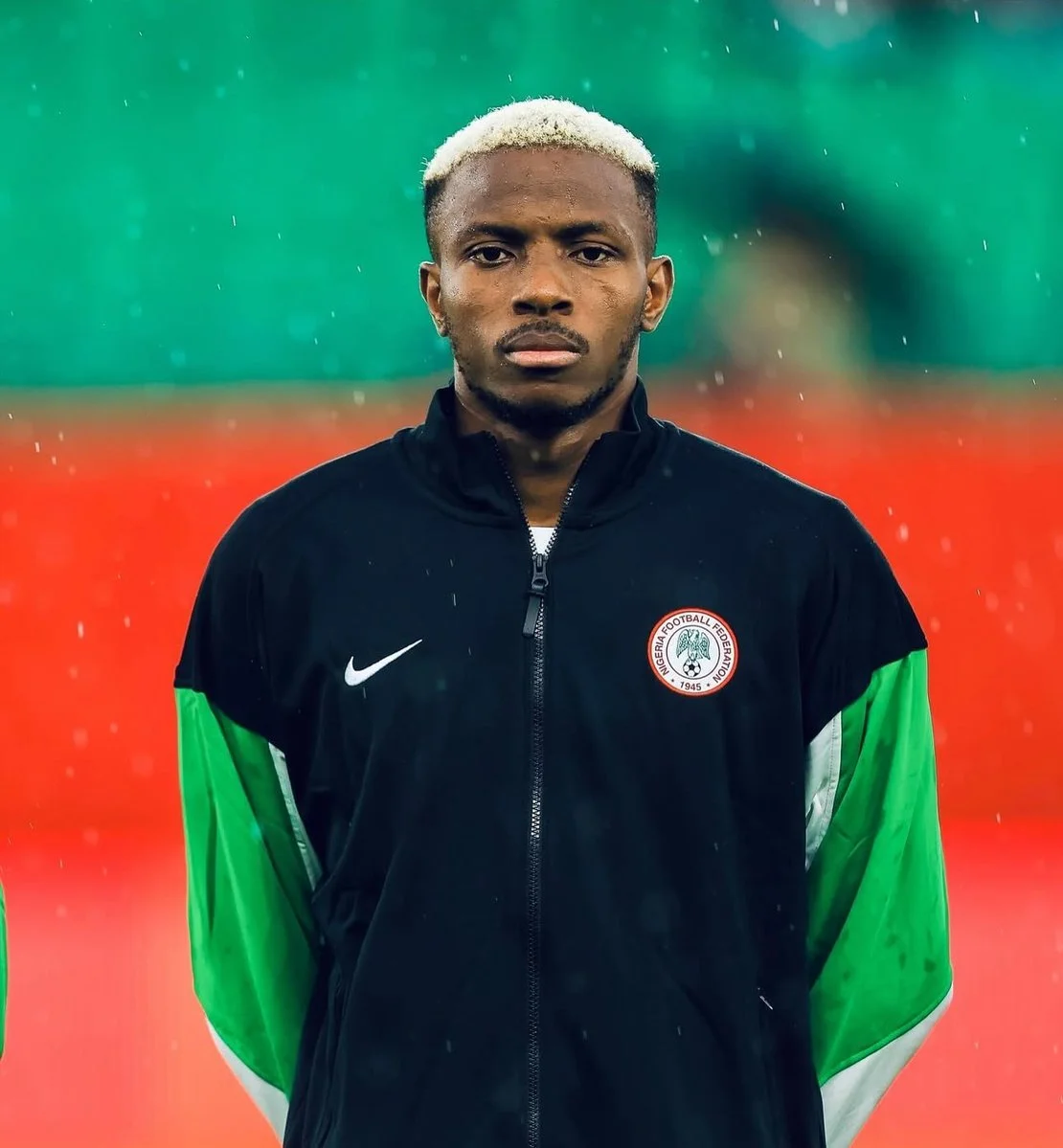
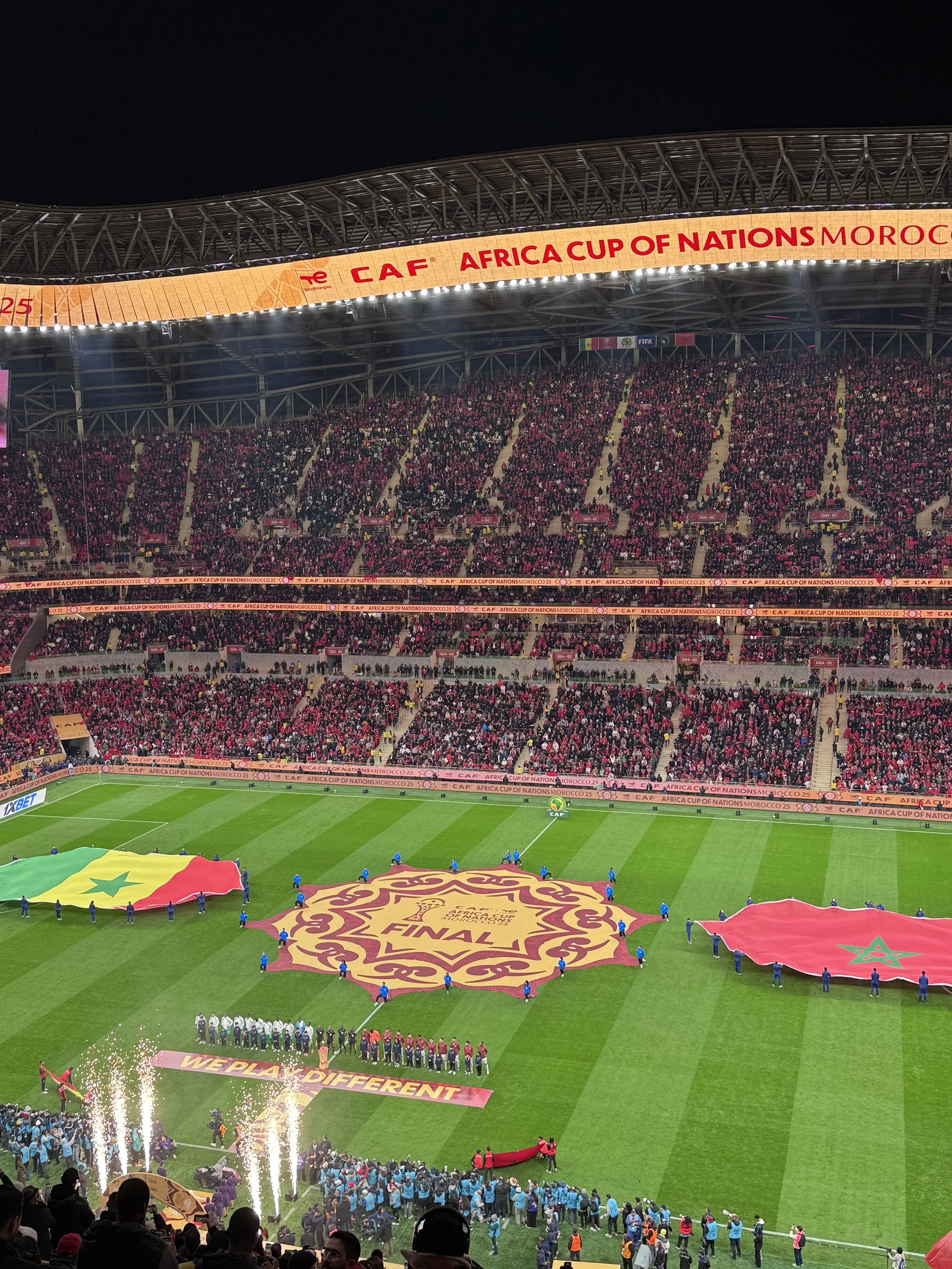
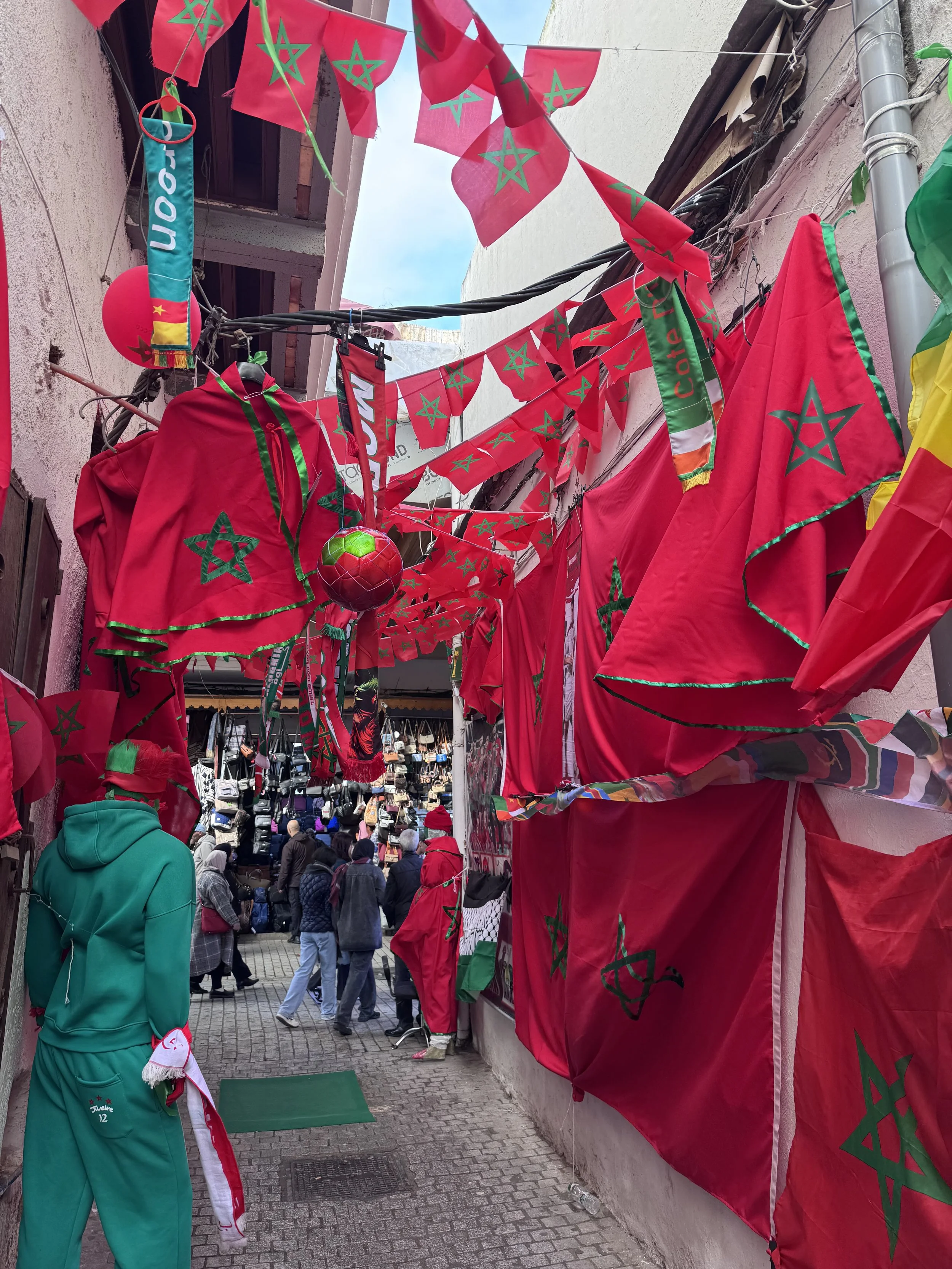
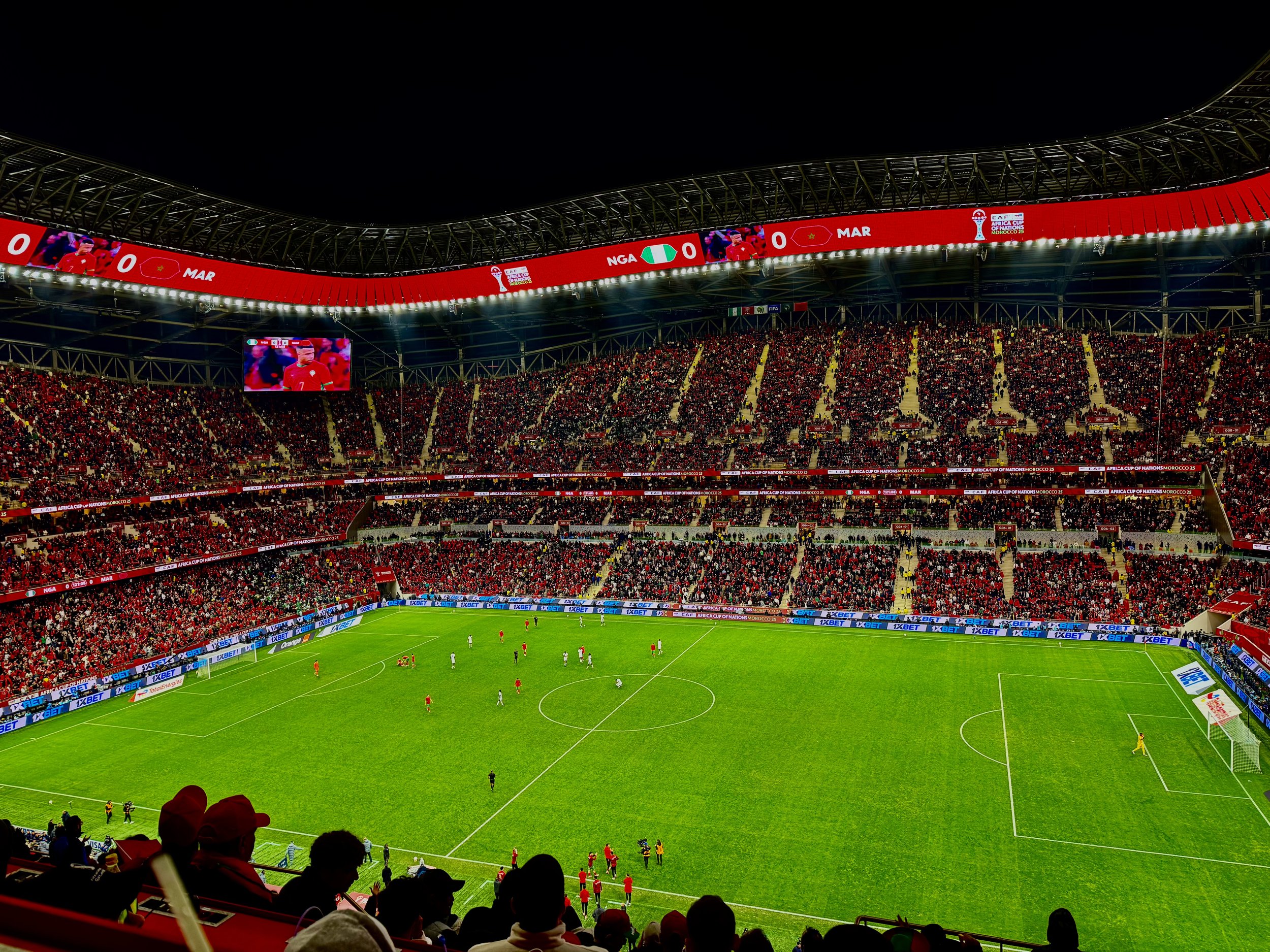
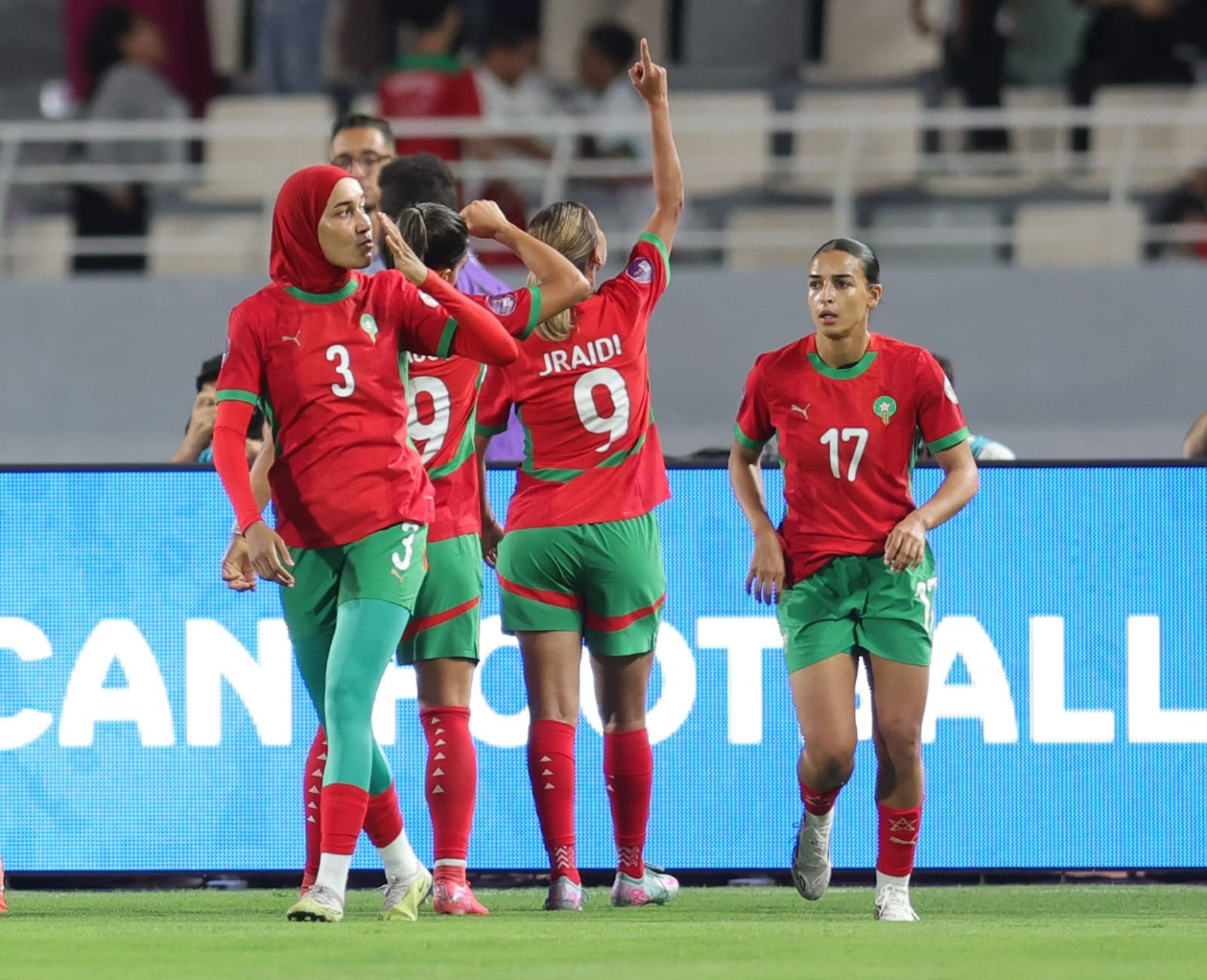





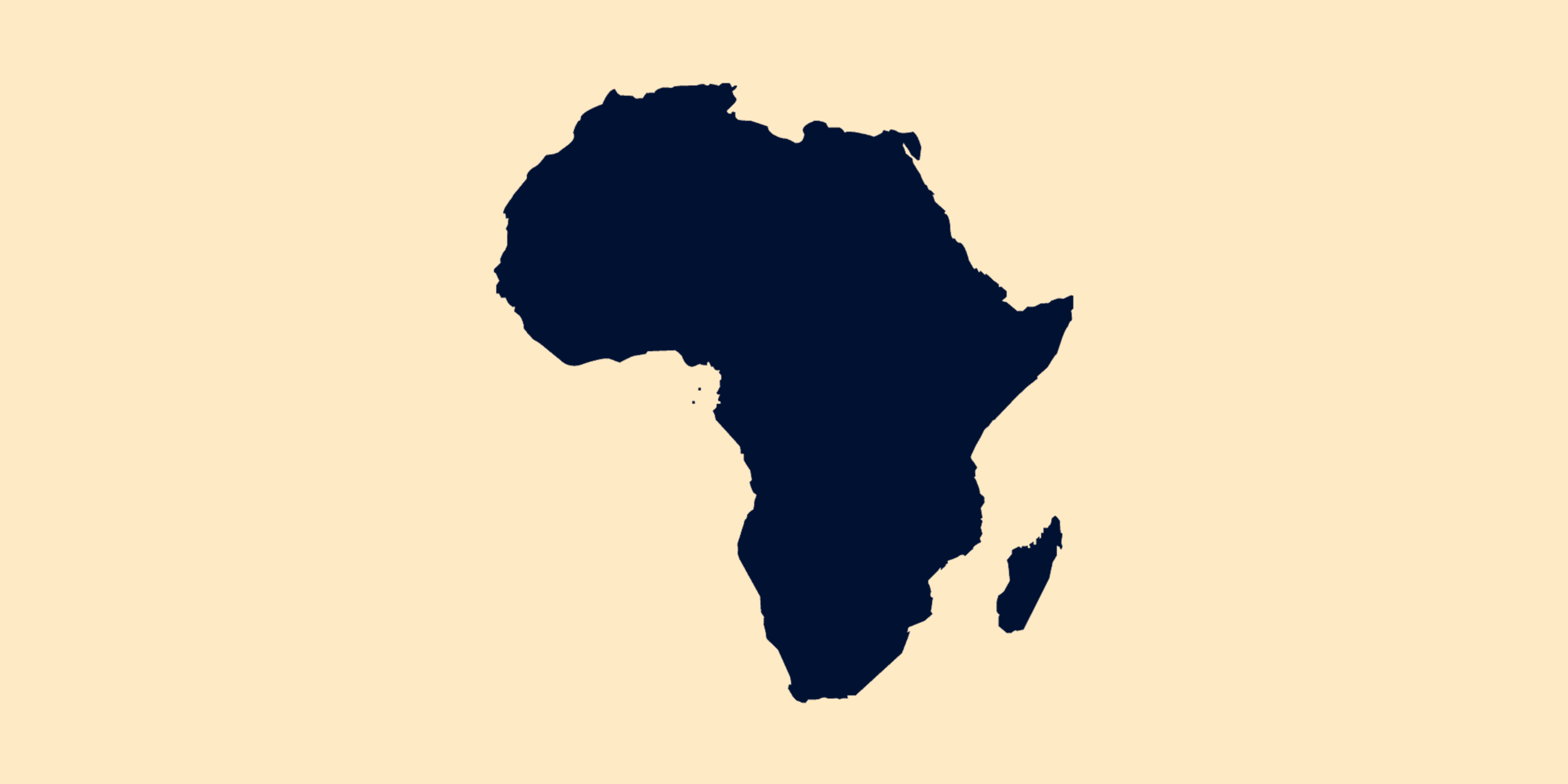
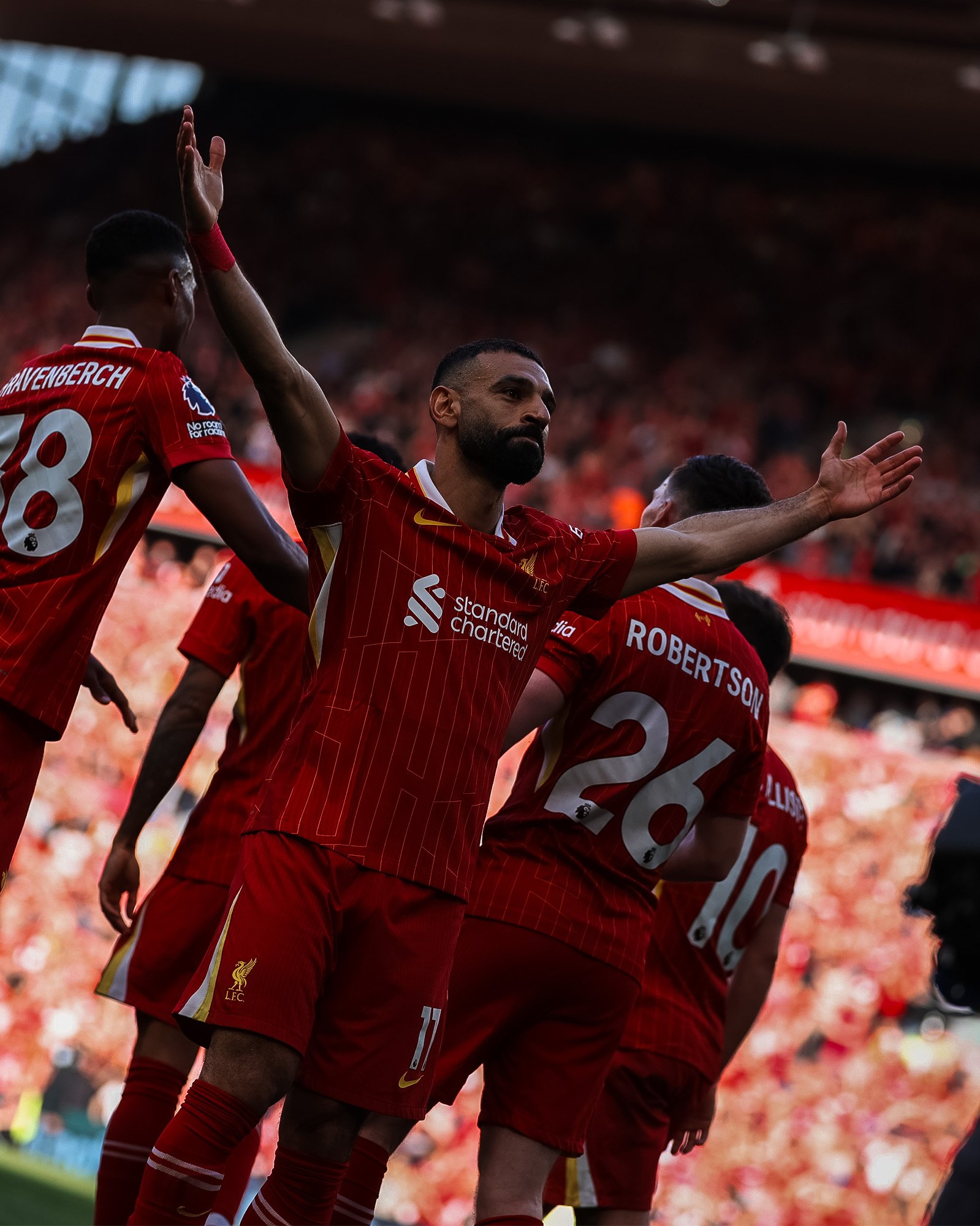

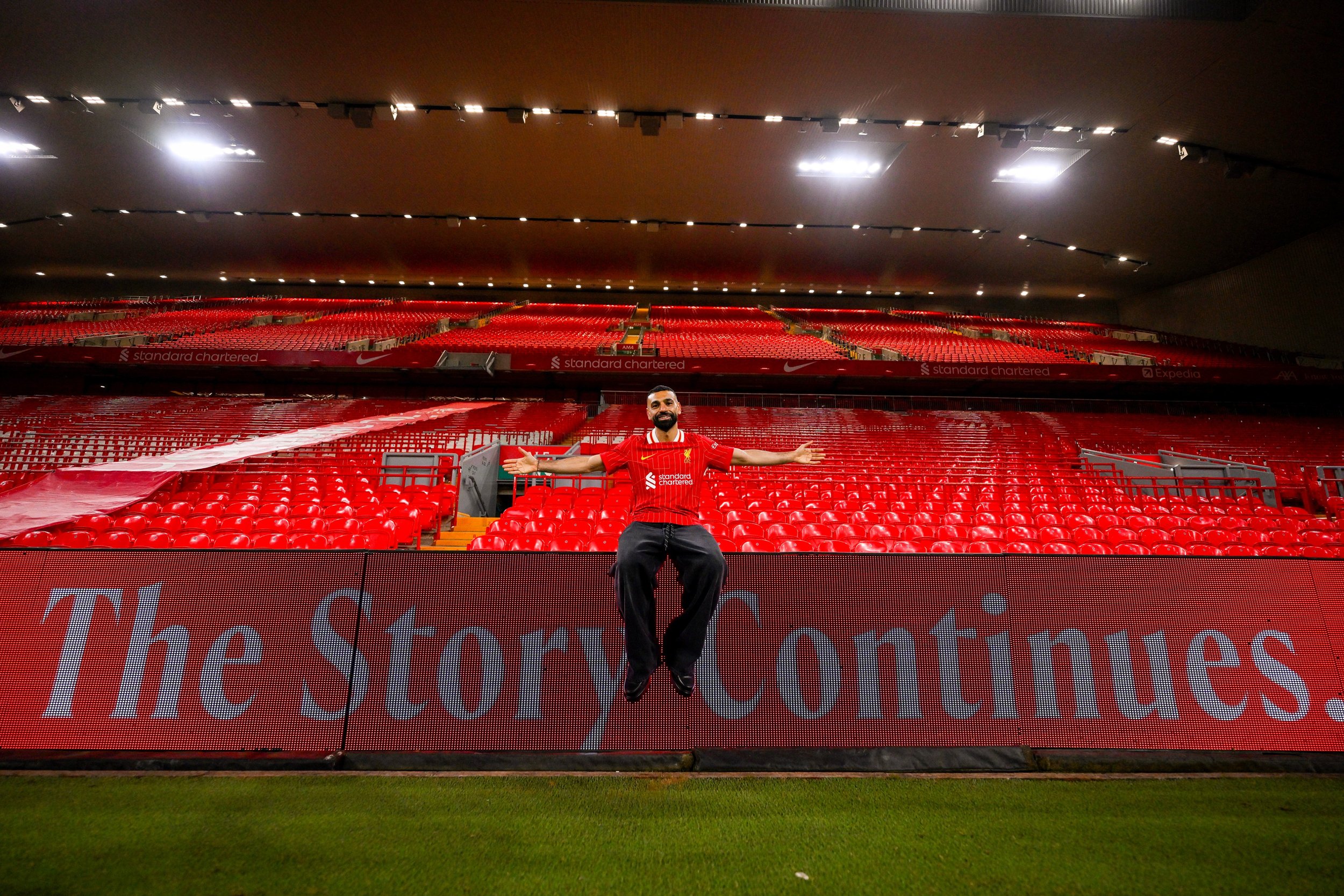

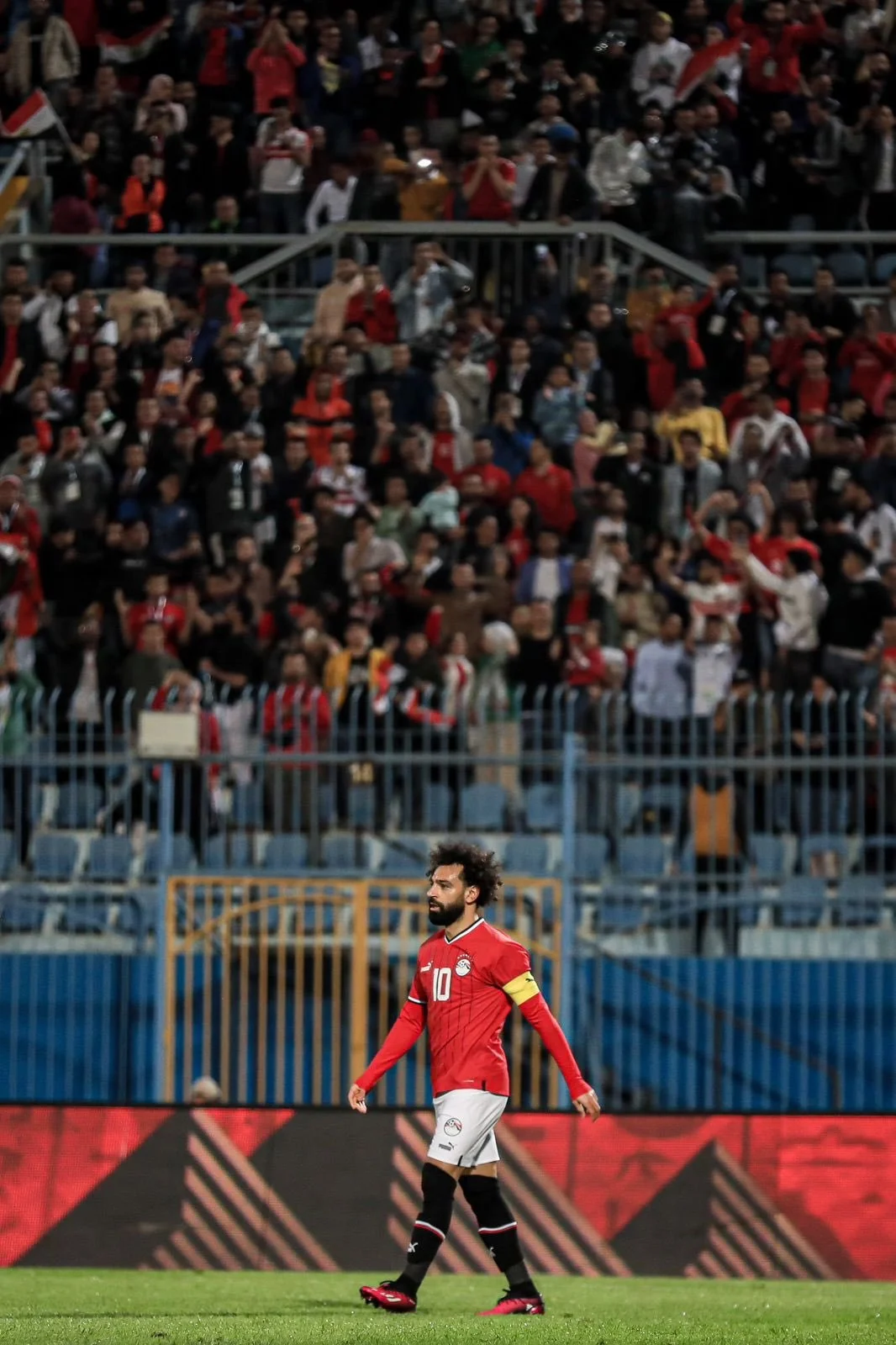
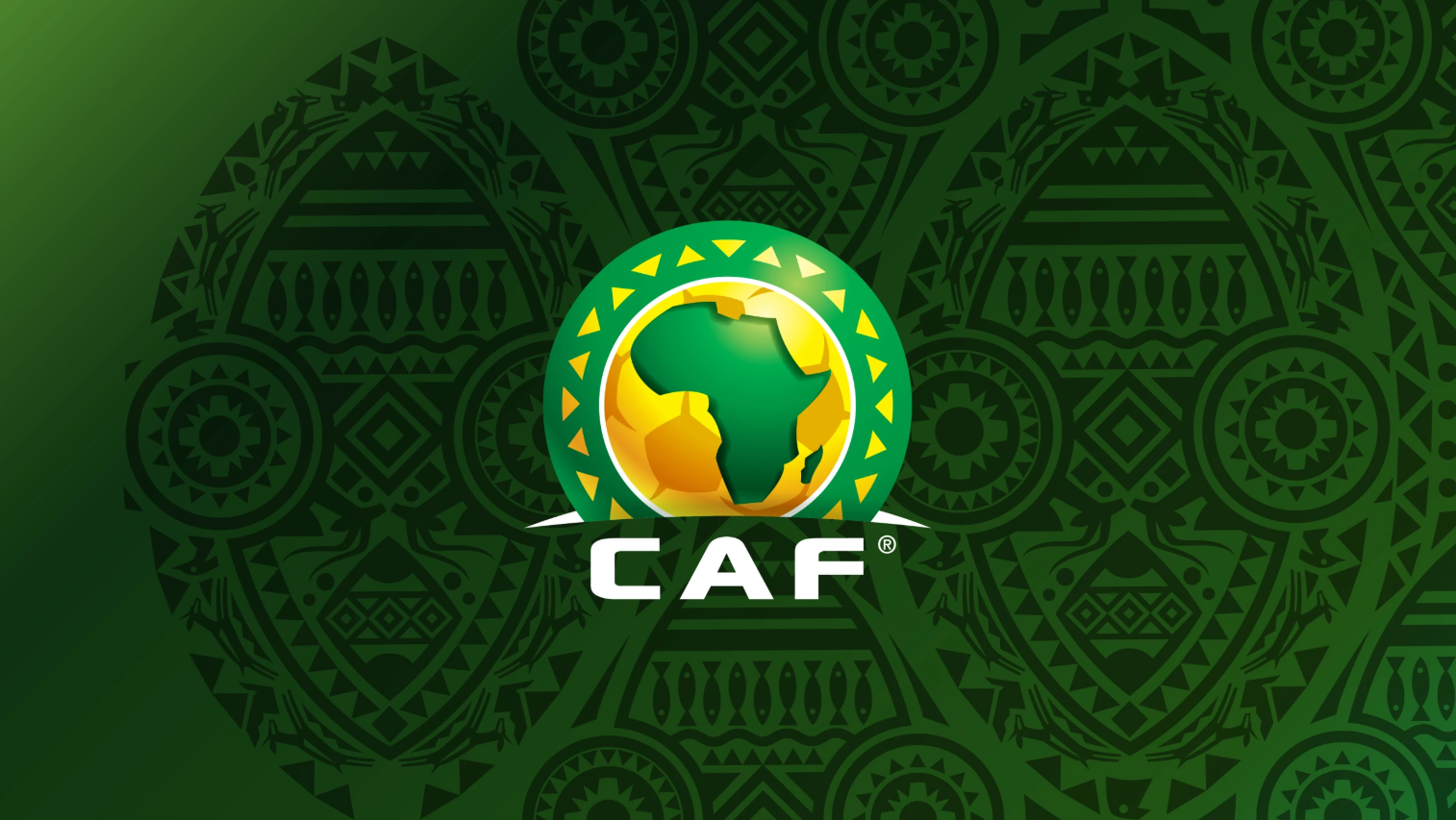

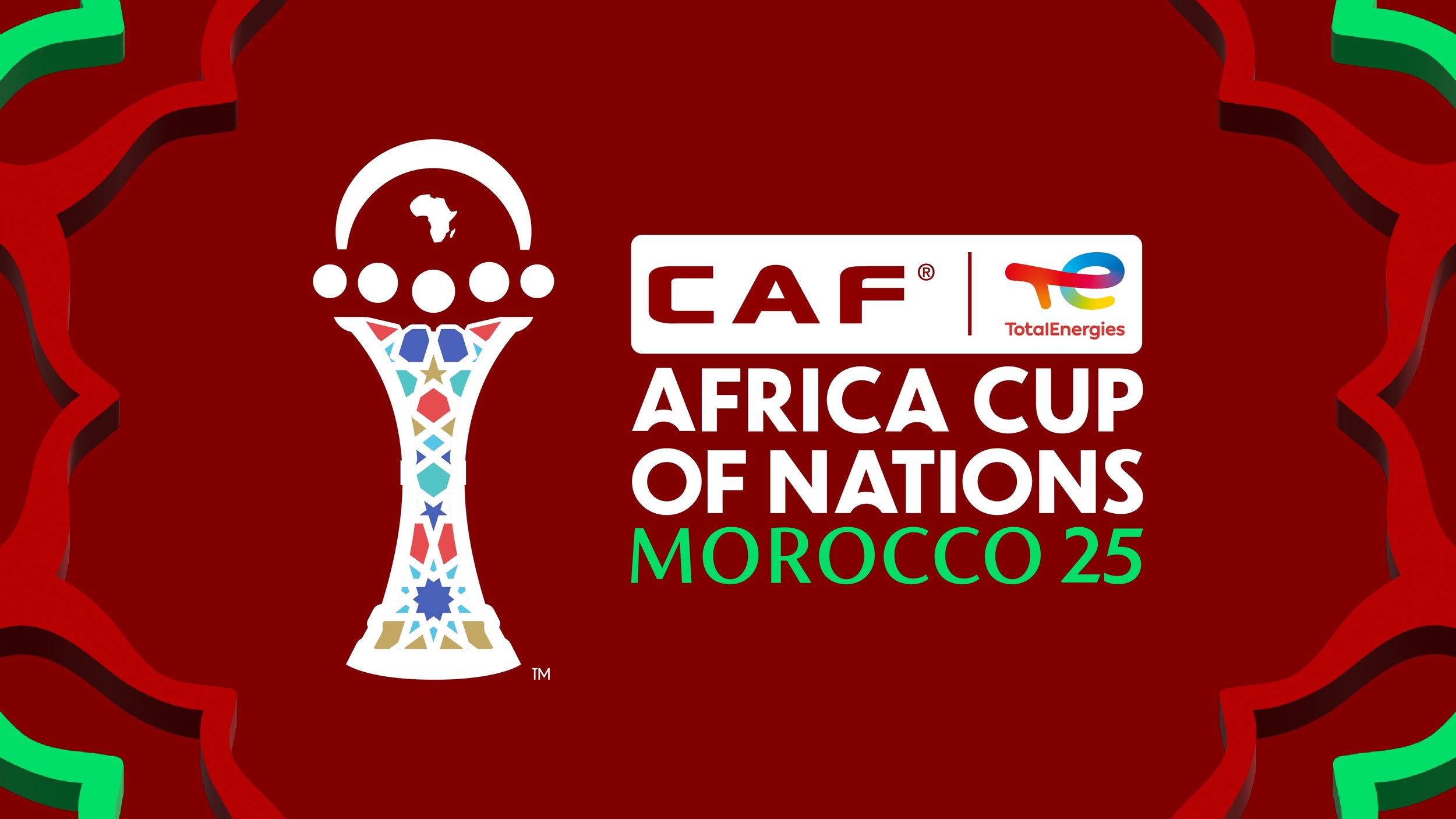

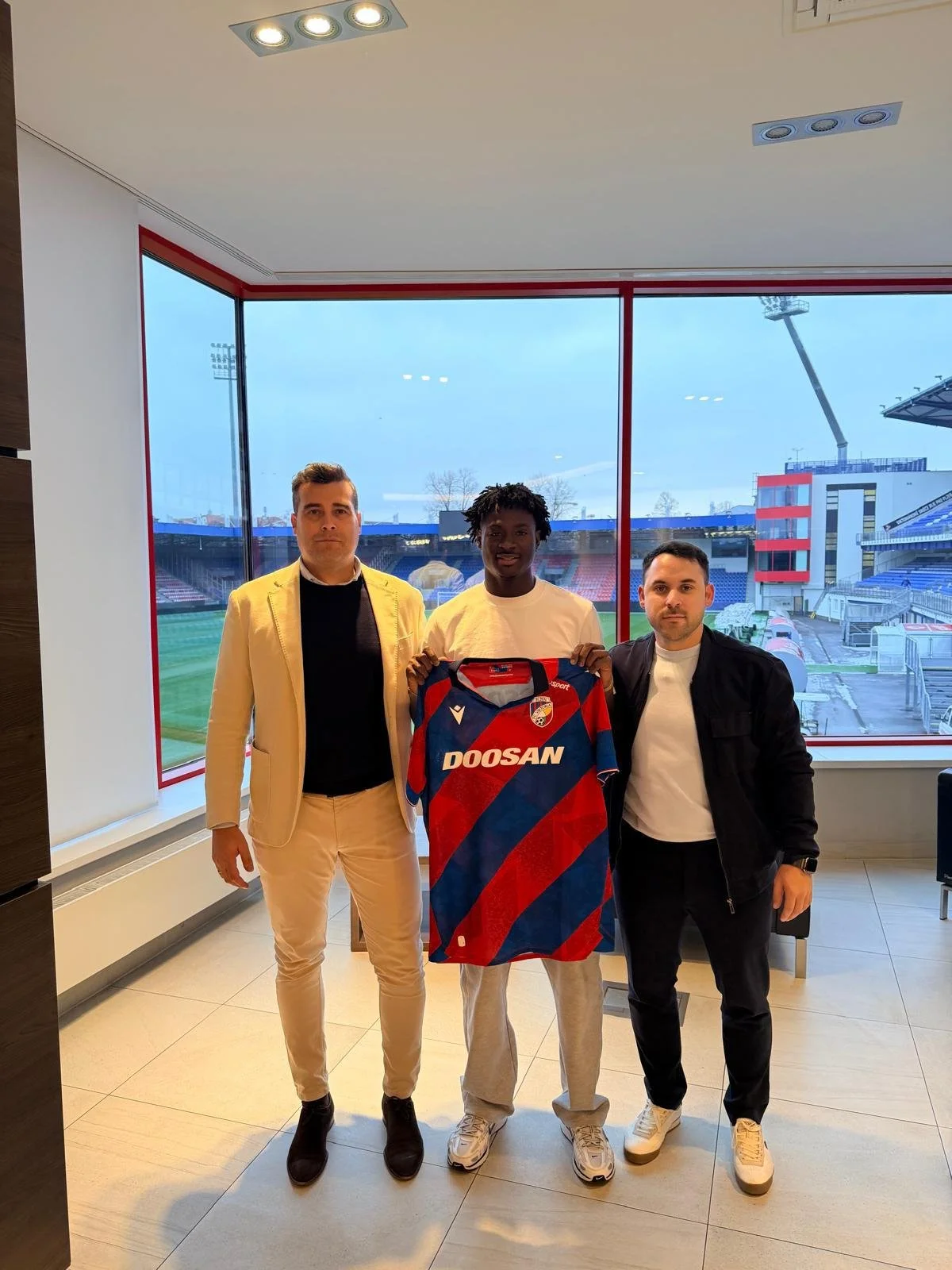
From Nigeria’s Mavlon academy to Viktoria Plzeň and the Europa League dream: Salim Fago’s journey is just beginning in Europe.